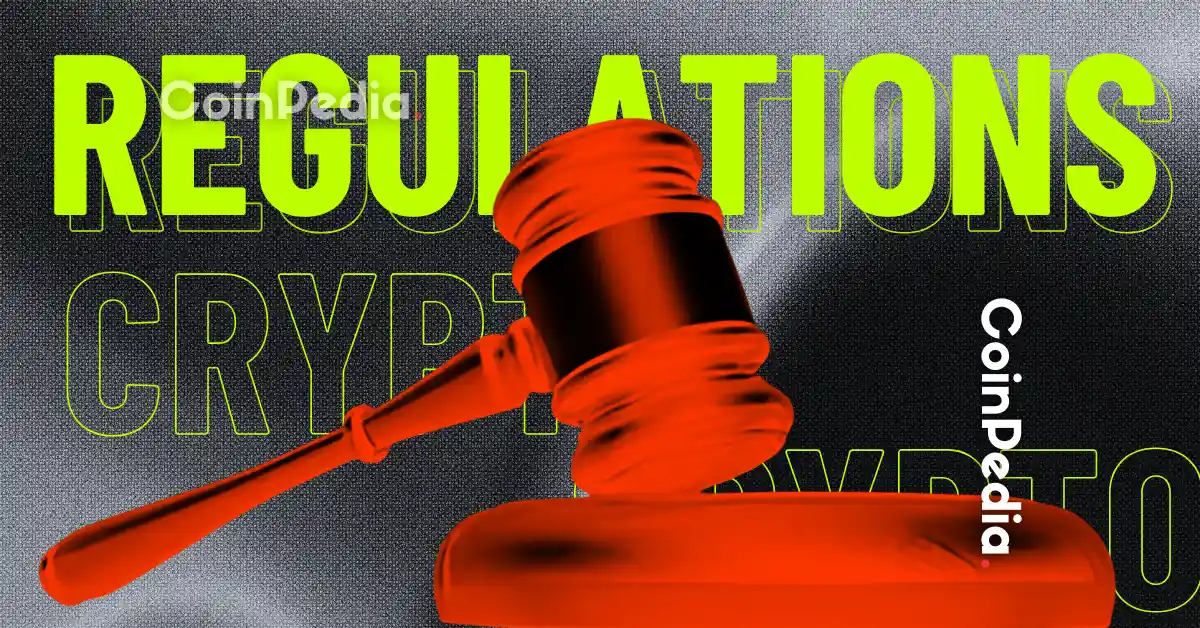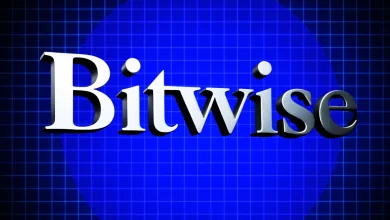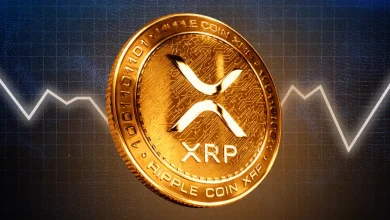
Illinois Governor signs consumer protection bills to add oversight and regulate Crypto ATMs
Residents lost $272 million to crypto fraud in 2024
Other states like Vermont, Arizona, and Nebraska are also taking similar action
Illinois is taking serious action to protect people from growing crypto risks.
With scams and fraud on the rise, Governor JB Pritzker has signed two groundbreaking bills, the first of their kind in the Midwest, to give consumers stronger protections and hold digital asset businesses accountable.
Illinois Cracks Down on Crypto Risks
Both bills add new layers of protection for Illinois residents.
The Digital Assets and Consumer Protection Act (SB1797) adds regulatory oversight, while the Digital Asset Kiosk Act (SB2319) introduces safeguards against scams.
The Digital Assets and Consumer Protection Act was approved by the state Senate in April. It gives Illinois regulators the power to oversee digital asset exchanges and businesses, ensuring they operate safely and transparently. It also provides strong protection for customers, similar to traditional financial services.
Companies are required to maintain enough financial resources to run smoothly and have clear plans to handle risks like cybersecurity threats, fraud, and money laundering.
The Digital Asset Kiosk Act targets crypto ATM operators. It introduces important rules like:
- Registration with IDFPR
- Reporting of all kiosk locations
- Full refunds for scam victims
- Transaction fees capped at 18%
- Daily transaction limits of $2,500 for new customers
Some consumer protections, like refunds for fraud victims, take effect immediately. Digital asset businesses have until July 1, 2027, to register with IDFPR.
Why It Matters
According to the FBI, Illinois consumers lost $272 million to crypto fraud in 2024. These measures aim to tackle the state’s most common financial crime.
These measures protect consumers from risks and potential bankruptcies and, at the same time, allow responsible businesses to innovate safely, with smart exemptions to support innovation in Illinois.
Trump Slammed on Crypto Oversight
It was also pointed out that the Trump Administration pushed to deregulate the crypto industry, even as fraud risks grew. Specifically, it pointed out Trump signing a bill reversing an IRS rule that would have treated decentralized finance platforms as brokers.
“While the Trump Administration is letting crypto bros write federal policy, Illinois is implementing common-sense protections for investors and consumers,” said Governor JB Pritzker in the press release.
Other States Join the Fight Against Crypto Scams
Illinois is not alone in addressing the risks.
Fraud linked to crypto kiosks has surged nearly tenfold from 2020 to 2023. In 2024 alone, the FBI tracked $247 million in kiosk-related scams, with complaints nearly doubling from the year before.
Other states are taking action too. Vermont has set daily limits on kiosk transactions, Nebraska introduced a licensing system for operators, and Arizona now requires refunds for fraud victims. Oklahoma passed similar protections despite a governor’s veto.
Illinois is setting an example of how states can balance investor safety with innovation.
Never Miss a Beat in the Crypto World!
Stay ahead with breaking news, expert analysis, and real-time updates on the latest trends in Bitcoin, altcoins, DeFi, NFTs, and more.
FAQs
The Digital Assets and Consumer Protection Act gives Illinois regulators the power to oversee digital asset businesses and exchanges to ensure they operate transparently and safely.
The Digital Asset Kiosk Act requires crypto ATM operators to register with IDFPR, cap fees at 18%, set daily transaction limits for new customers, and provide refunds for scam victims.
Some consumer protections, like refunds for fraud victims, are effective immediately. However, digital asset businesses have until July 1, 2027, to register with IDFPR.
Illinois passed these laws to combat the rising trend of crypto scams and fraud, which cost Illinois consumers $272 million in 2024, making it the state’s most common financial crime.
Trust with CoinPedia:
CoinPedia has been delivering accurate and timely cryptocurrency and blockchain updates since 2017. All content is created by our expert panel of analysts and journalists, following strict Editorial Guidelines based on E-E-A-T (Experience, Expertise, Authoritativeness, Trustworthiness). Every article is fact-checked against reputable sources to ensure accuracy, transparency, and reliability. Our review policy guarantees unbiased evaluations when recommending exchanges, platforms, or tools. We strive to provide timely updates about everything crypto & blockchain, right from startups to industry majors.
Investment Disclaimer:
All opinions and insights shared represent the author's own views on current market conditions. Please do your own research before making investment decisions. Neither the writer nor the publication assumes responsibility for your financial choices.
Sponsored and Advertisements:
Sponsored content and affiliate links may appear on our site. Advertisements are marked clearly, and our editorial content remains entirely independent from our ad partners.







